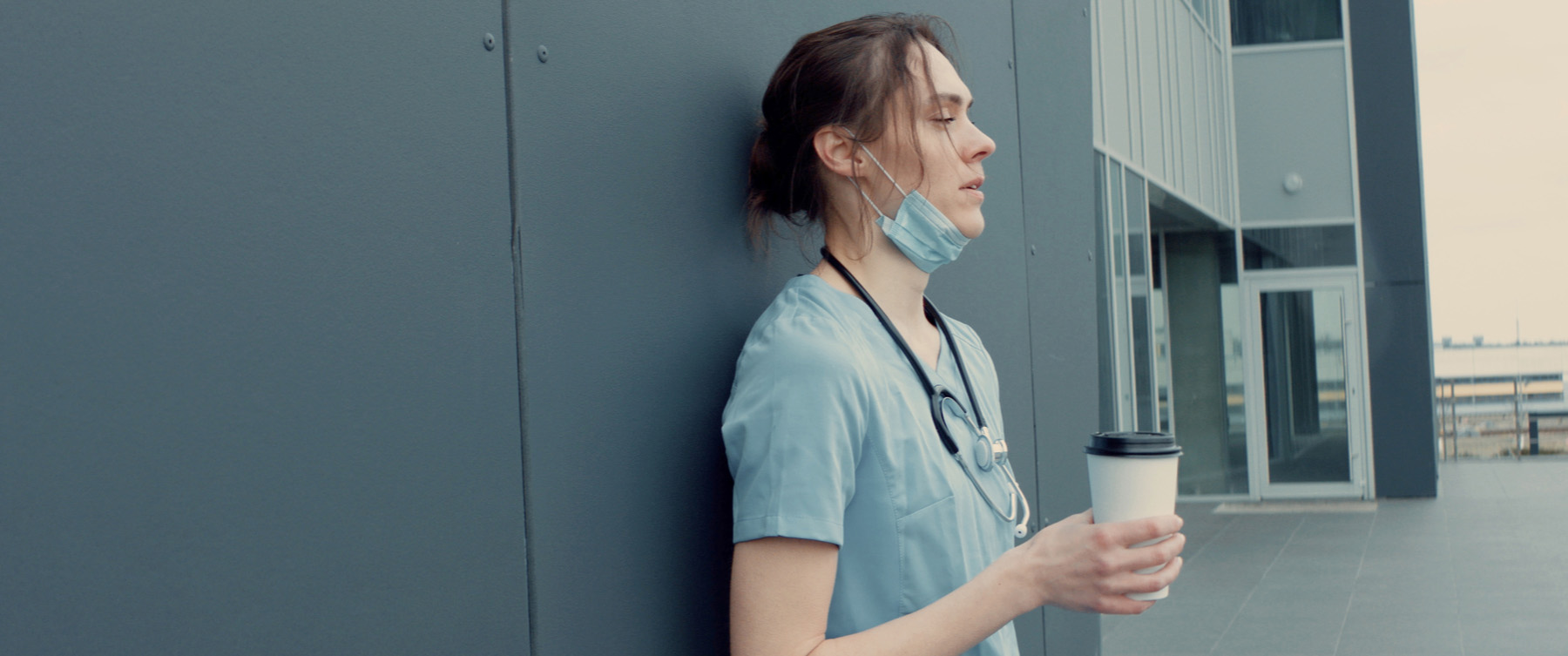For many people across the globe, life changed with the identification of the coronavirus in their own area and from there the spread of the virus began to have a ripple effect on the life they once knew. While the world still continues to wage its battle against the negative outcomes of the coronavirus, whether it is related to its cardiovascular, respiratory, or thrombotic effects to name a few of the more serious complications, another key element is the impact on mental health well-being. This is particularly important when it comes to nurses who are on the frontlines of this current pandemic. A high degree of mental health distress has been experienced in various countries around the world as a result of the coronavirus pandemic, especially among healthcare workers who are working to contain and treat infected patients.
For any person who makes the decision to become a part of the nursing profession, they must have the understanding that it is not for the faint of heart.1 In a study conducted by Lai and colleagues (2020) among healthcare workers, it was noted that depression, anxiety, and insomnia were prevailing mental health conditions among these individuals who were providing care to patients with the virus. While it is recognized that the role of a nurse entails being able to provide healthcare services to those who are ill or impaired, the coronavirus pandemic places them at a particularly higher risk of exposure and/or contracting the virus themselves.2 Furthermore, nurses can find themselves being apart from loved ones for extended periods of time in order to avoid possible transmission, which can place an additional toll on them if their support systems are not present.2
Promoting and Educating Importance of Mental Health
Women and nurses can also take on a high level of emotional labor, and this can be connected to the more severe symptom presentation. The protection of these healthcare workers is critical to the public health measures that are in place to address the current pandemic.2,3 The ability of nurses to openly express any potential crises that can be experienced as they provide care to patients who are infected with the virus should be an option that is clearly provided to all.
It is also reported that while post-traumatic stress disorder (PTSD) can present in nurses within their profession, this has been exacerbated in the midst of the coronavirus with the combination of workplace conditions, lack of sufficient personal protective equipment (PPE), and risk of daily exposure to the virus.4 The culmination of a myriad of factors such as theses can ultimately place any nurse in a vulnerable state to succumb to a mental health episode. For any nurse, it is important for them to be able to identify the clear sign and/or symptoms of any mental health issue immediately upon their presentation in order to preserve the condition.
During the current pandemic, it is important for measure to be continuously taken to protect nurses and to educate them in order to help promote their mental health well-being. In the United States, it is reported that one in five adults will experience the consequences of a mental health illness each year and less than half will receive treatment. With the current pandemic additional measures must be taken to ensure that not only the mental health of the general population is being addressed but also to acknowledge the aid that frontline workers require during this troubling time.5
References:
1. Howard J. “The Coronavirus Pandemic’s Impact on Global Mental Health is ‘Already Extremely Concerning,’ UN says.” CNN Health. 2020. Retrieved from https://www.cnn.com/2020/05/14/health/un-coronavirus-mental-health/index.html. Accessed May 19, 2020.
2. Lai J, Ma S, Wang Y, et al. “Factors Associated with Mental Health Outcomes Among Health Care Workers Exposed to Coronavirus Disease 2019.” JAMA Netw Open.2020;3(3):e203976. doi:10.1001/jamanetworkopen.2020.3976.
3. Samuel S. “Doctors and Nurses are Risking Their Mental Health for Us.” VOX. Retrieved from https://www.vox.com/future-perfect/2020/3/26/21193122/coronavirus-mental-health-doctors-nurses-covid-19. Accessed May 19, 2020.
4. Neelam RK. “PTSH Can Strike Nurses, Especially During COVID-19.” WebMD. Retrieved from https://www.webmd.com/lung/news/20200511/ptsd-can-strike-nurses-especially-during-covid19#1. Accessed May 19, 2020.
5. Wan W. “The Coronavirus Pandemic is Pushing America into a Mental Health Crisis.” The Washington Post. Retrieved from https://www.washingtonpost.com/health/2020/05/04/mental-health-coronavirus. Accessed May 19, 2020.







